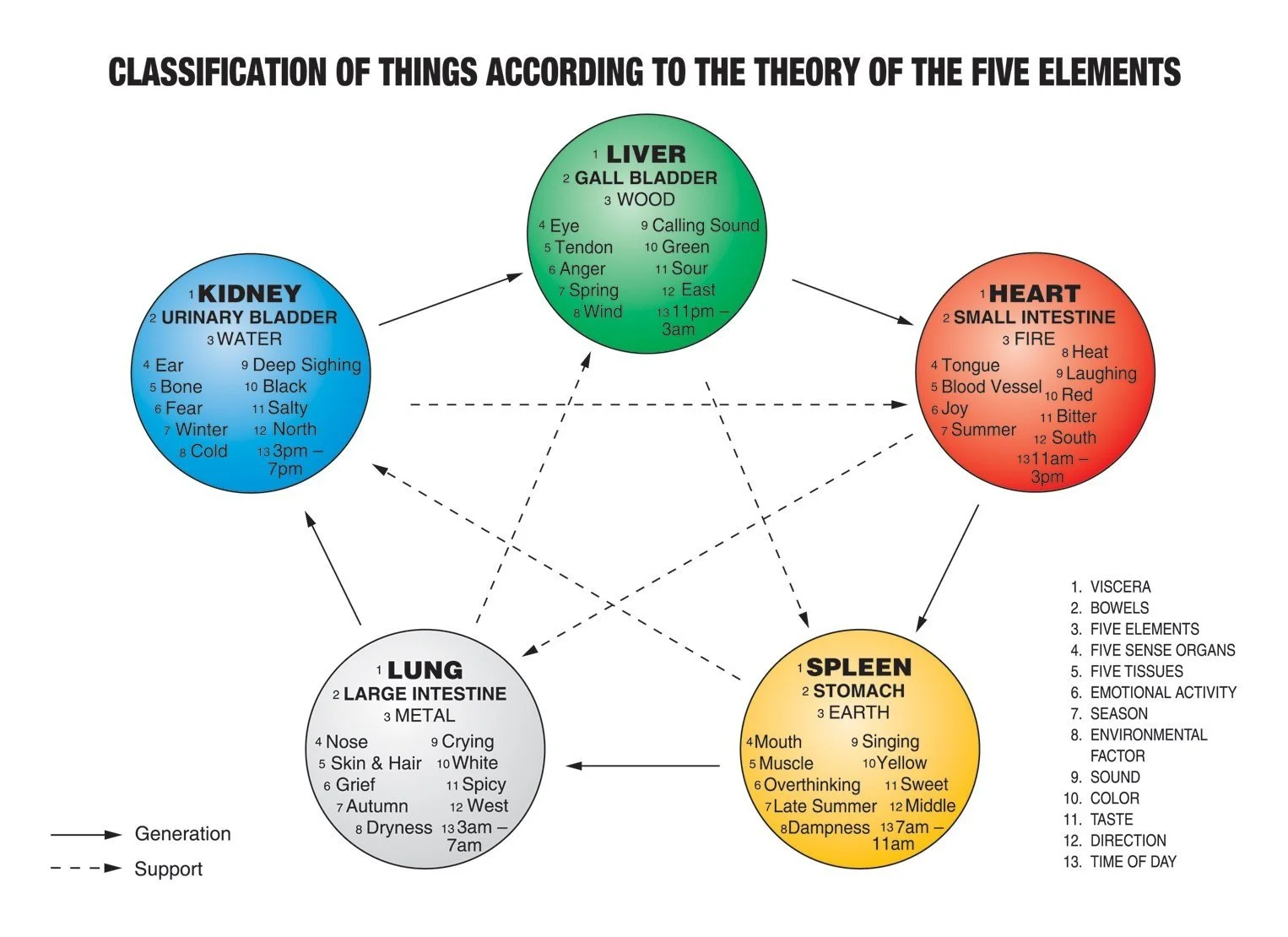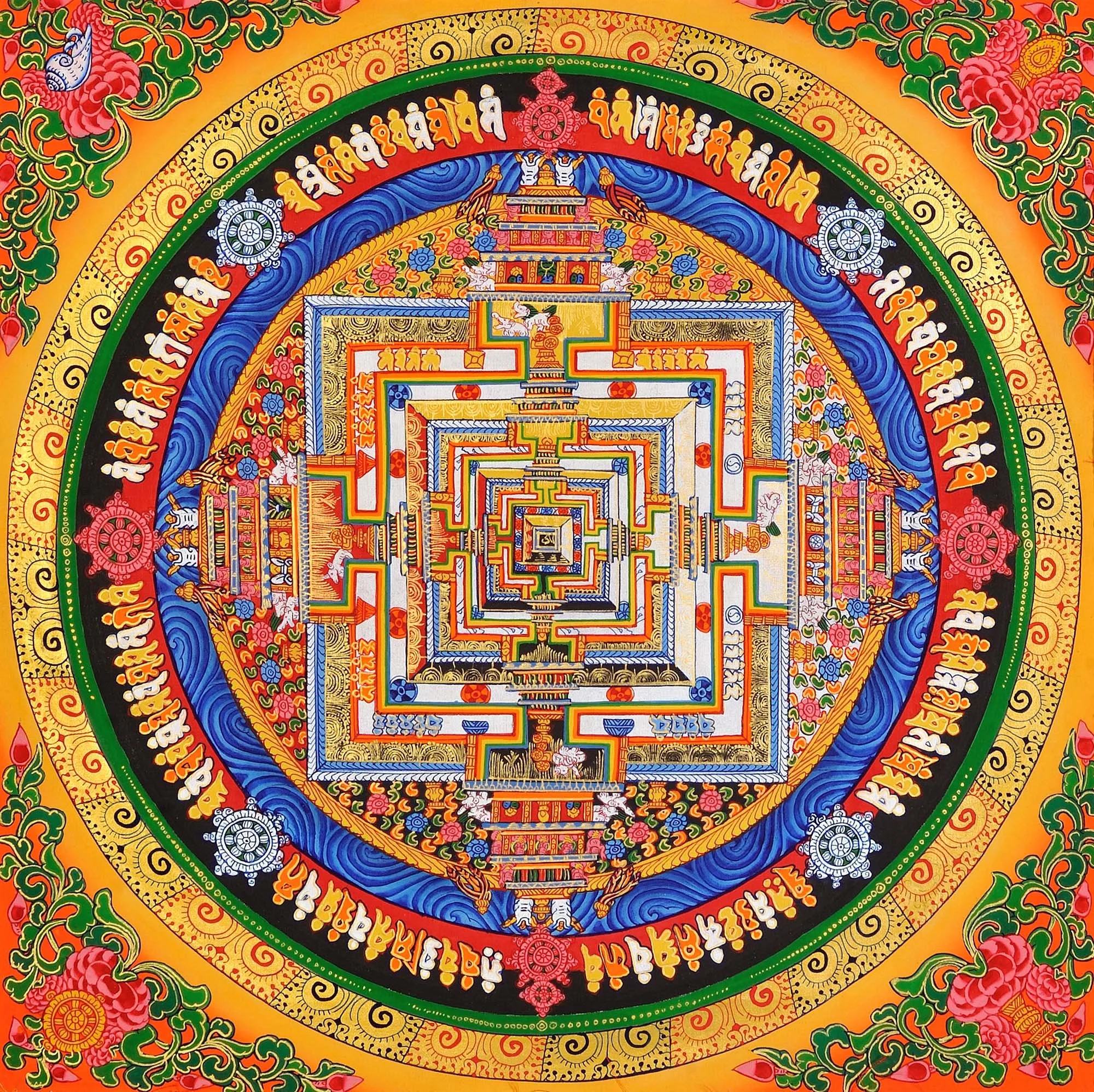
About Wu Ming Qigong
Qigong is an ancient spiritual practice which uses specific movements, sounds and postures of the body in order to develop, increase and cultivate one’s natural life force energy, or Qi. The consistent practice of Wu Ming Qigong helps one to discover the body’s natural internal intelligence and deep healing ability, and helps to bring harmony, balance, and internal wisdom to the practitioner.
Origins of Wu Ming Qigong
Wu Ming Qigong descends directly from the ancient Taoist masters Lao Tzu and Zhuang Tze. In the Tao Te Ching, the classic text authored by Lao Tzu sometime around 500 B.C.E., “wu ming” means “no name” or “nameless” and refers to the Universal as it exists beyond time, space and all physical matter. Wu ming points to the original natural source from which flows the energy and essence of all things. In the opening words of the Tao Te Ching, “The unnamable is the origin of heaven and earth; named, it is the mother of the ten thousand things.” Master Zhuang Tze, a philosopher who lived in China during the 4th century B.C.E, is thought to have written the seminal Taoist work that bears his name, the Zhuanng Tze.
“Taoist,” as in “Taoist Qigong,” does not refer to a formalized religious practice but rather to a deep spiritual practice of understanding and following the way of Tao, the way of Nature, sometimes called simply, “the Way”. Wu Ming Qigong is a practice of internal energy or Qi. Through dedicated practice and study, the practitioner seeks to connect body, mind and spirit and harmonize one’s individual energy with the Universal, the source of all and therefore the source of all true healing.
Taoist Wu Ming Qigong traces its origins back through thousands of years of Qigong practice to the teachings of Lao Tzu. His perception of the path to Tao was one of emptiness, simplicity and humility: Nothing is everything; no technique is the best technique; let go and go with the flow. By being truly “empty” in the everyday world, by being in the world but not of it, a door opens to the invisible reality that underlies and supports three-dimensional reality. This connection to Universal energy can then inform and guide everyday action. The entire scope of the practitioner’s daily life then becomes the ground of Qigong practice.
Benefits of Wu Ming Qigong
Untapped Energy … Self-Healing … Universal Connections
The body has an innate intelligence to heal itself. Abilities are determined by the quality of personal Qi and its flow. Qi is the guiding force that informs all your organs, and every aspect of your well-being. This is where mind, body Spirit healing comes in.
Imbalances begin on the Qi level then show up as physical manifestations of “disease.” This is also the same place “miracles” occur but we must go to the Qi level to affect this kind of healing. Qigong is an excellent means of stimulating the flow of energy in the body. With consistent guided Qigong practice the mind-body connection is rebalanced and physical and emotional issues resolve.
Once the body’s energetic wisdom is “re-ignited,” the possibilities are endless. We call it Healing Without the Mind. This is an exciting aspect of Qigong: The body is now energized to make decisions about when and how to rebalance itself.
Common Results of Qigong
A body in balance does not hold onto illness or excess weight. It also regulates itself emotionally. In addition to living more intuitively with purpose and passion, our students have:
Shifted their beliefs to understand Universal Oneness
Experienced the expression of Spirit on the body and mind
Alleviated chronic conditions (i.e. asthma, arthritis, insomnia, pain, anxiety, depression)
Lowered blood pressure, reduced stress
Increased physical stamina and flexibility
Reduced inflammation and alleviated digestive issues
Reduced and eliminated signs of menopausal discomforts
Increased fertility and reduced the risk of miscarriage
Reduced debilitating effects of radiation and chemotherapy
Experienced a faster and easier recovery from surgery, sports injury, or traumatic injury
-TCM World Foundation





